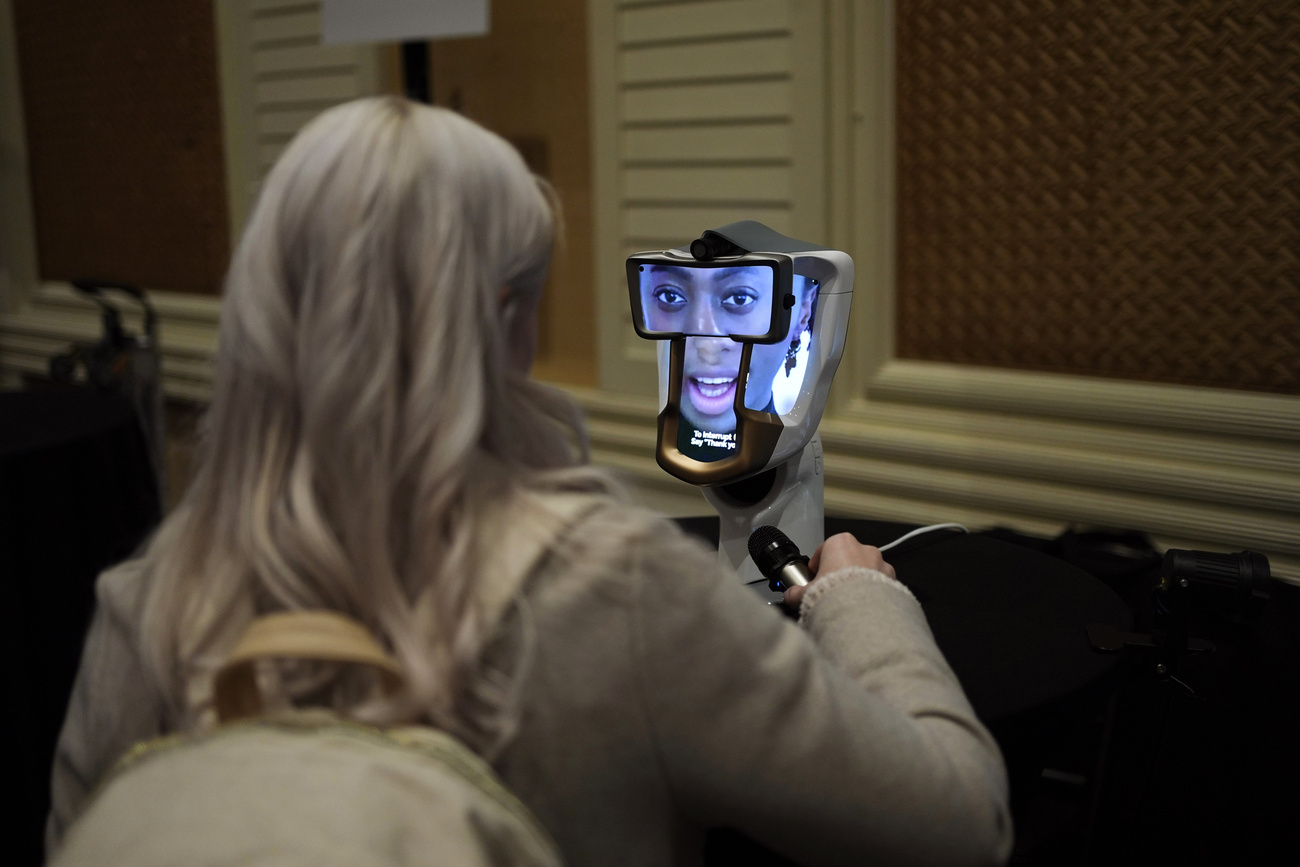
Swiss feel insecure online but don’t take protective measures

Although the Swiss feel more insecure online than ever before, they are using traditional protective measures less and less according to a survey by Comparis. Their use of artificial intelligence has doubled since 2024 and trust in its reliability when handling data has grown massively.
+ Get the most important news from Switzerland in your inbox
The survey on data trust was conducted in September and received responses from 1,049 adults throughout Switzerland. The results was published on Thursday by the comparison service Comparis. The use of artificial intelligence (AI) rose from 27.4% in 2024 to 52.9% in the current year.
For Comparis, this is not just a trend, but is directly changing the foundations of internet use to the detriment of conventional internet access. The use of search engines fell from 87.1% in 2020 to 83.2% in 2025.
The decline in email providers was even more pronounced, falling from 85.1% to 79% in the same period. News sites recorded a decline from 66.7% to 54.7% over the five-year period.
In addition to the use of AI, trust in it has also increased according to the study. Trust grew – albeit at a low level – on a scale of ten from 3.9 points in 2024 to currently 4.3.
Sense of security on the internet is eroding
The growing trust in AI contrasts with the declining trust in entering personal data online. The feeling of security on the internet has fallen from 5.7 to 5.3 points in the last three years.
At the same time, confidence in data protection fell from 55.6% to 51.7% of respondents. There were regional differences: In German-speaking Switzerland, 54% considered data protection to be “rather good”, in Italian-speaking Switzerland 59.6% and in the French-speaking part of the country only 43.5%. The feeling of being monitored on the internet was also greater among French speakers.

More
Switzerland aspires to build ‘human’ artificial intelligence
Despite the highest threat perception ever measured by Comparis, respondents took the protection of their own data less seriously. The use of complex passwords fell from 49.3% in 2020 to 41.5%.
Regular software updates were still taken into account by 49.9% – down from 57.5% five years ago. Attention to privacy settings in social media fell similarly sharply. According to the study, this could indicate a certain degree of “security fatigue”.
What is your opinion? Join the debate:
Translated from German by DeepL/jdp
We select the most relevant news for an international audience and use automatic translation tools to translate them into English. A journalist then reviews the translation for clarity and accuracy before publication.
Providing you with automatically translated news gives us the time to write more in-depth articles. The news stories we select have been written and carefully fact-checked by an external editorial team from news agencies such as Bloomberg or Keystone.
If you have any questions about how we work, write to us at english@swissinfo.ch

In compliance with the JTI standards
More: SWI swissinfo.ch certified by the Journalism Trust Initiative






























You can find an overview of ongoing debates with our journalists here . Please join us!
If you want to start a conversation about a topic raised in this article or want to report factual errors, email us at english@swissinfo.ch.